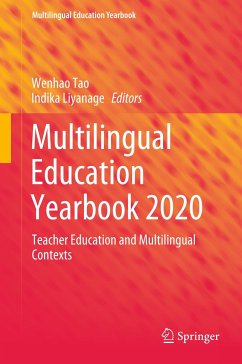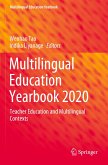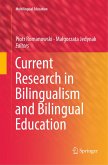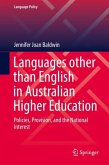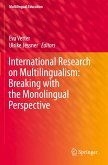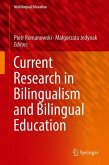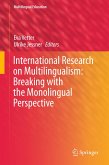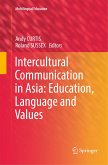This book focuses on the challenges of teaching in diversely multilingual classrooms, discussing how these challenges and complexities interact in the preparation of teachers (language & content areas) in and for multilingual settings, and how they impact on educational processes, developments, and outcomes.
Teacher education in multilingual contexts is a key topic and occupies an important position in efforts to improve educational outcomes and quality for all stakeholders. It is seen as essential for competitive participation in global economic activity and for providing opportunities to enjoy the benefits of increased prosperity. Teacher education is generally expected to address both the demand for multilingualism and the challenges of teaching in diversely multilingual classrooms, which are important foci at policy and institutional levels. For example, the demand for quality outcomes is manifested in state-administered standards and performance cultures that regulate entry and practices, and poses ethical and pedagogic dilemmas for teachers.
This book presents high-quality empirical research on education in multilingual societies, highlighting findings that, in addition to providing descriptions of language learning, development, and use in language contact and multilingual contexts, will help shape future language education policy and practices in multilingual societies.
Teacher education in multilingual contexts is a key topic and occupies an important position in efforts to improve educational outcomes and quality for all stakeholders. It is seen as essential for competitive participation in global economic activity and for providing opportunities to enjoy the benefits of increased prosperity. Teacher education is generally expected to address both the demand for multilingualism and the challenges of teaching in diversely multilingual classrooms, which are important foci at policy and institutional levels. For example, the demand for quality outcomes is manifested in state-administered standards and performance cultures that regulate entry and practices, and poses ethical and pedagogic dilemmas for teachers.
This book presents high-quality empirical research on education in multilingual societies, highlighting findings that, in addition to providing descriptions of language learning, development, and use in language contact and multilingual contexts, will help shape future language education policy and practices in multilingual societies.

